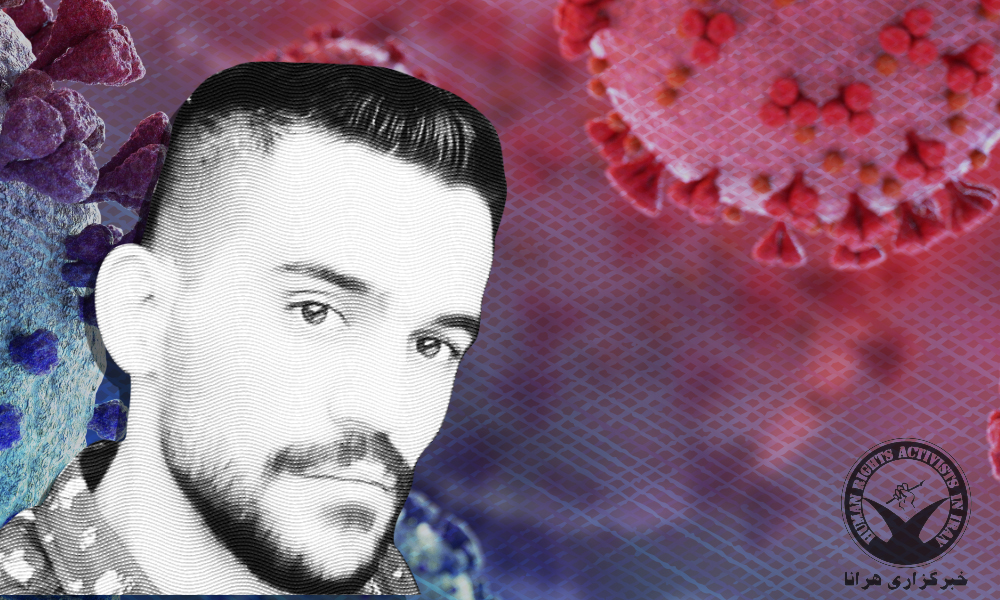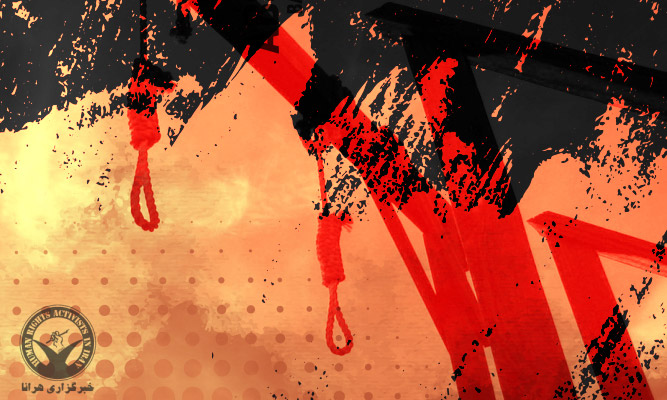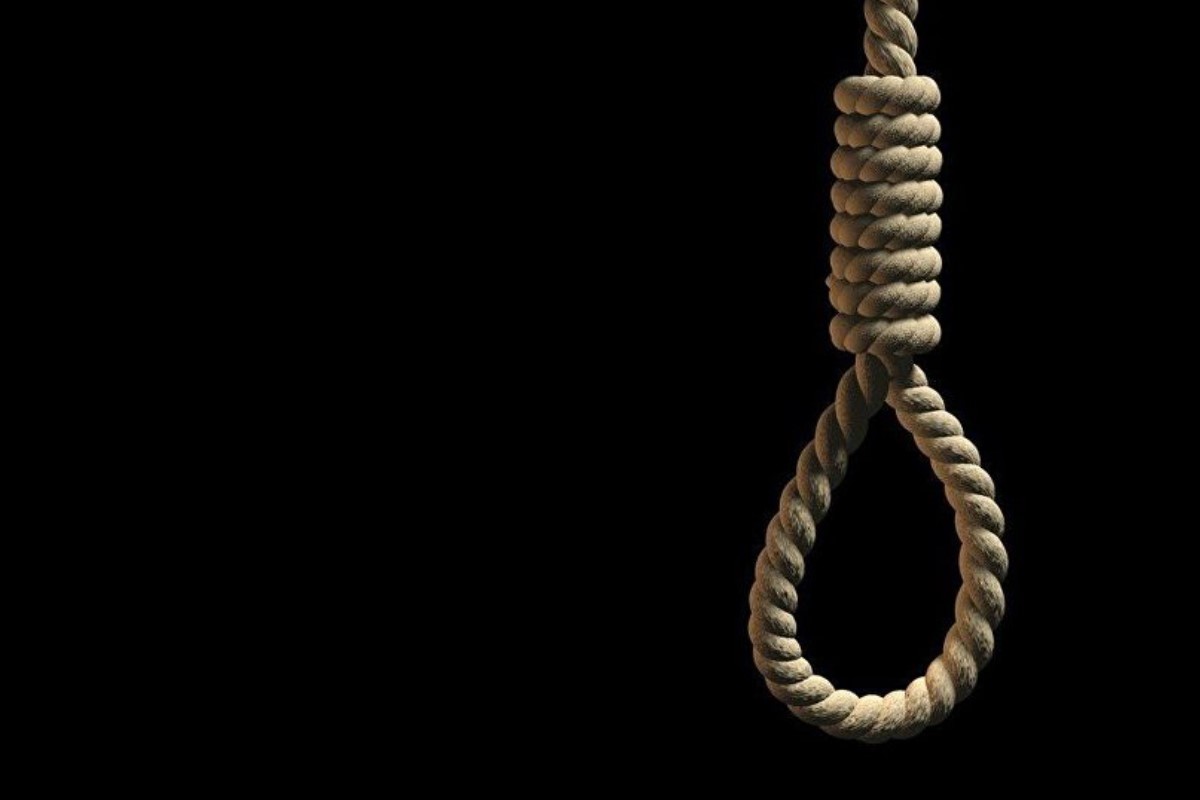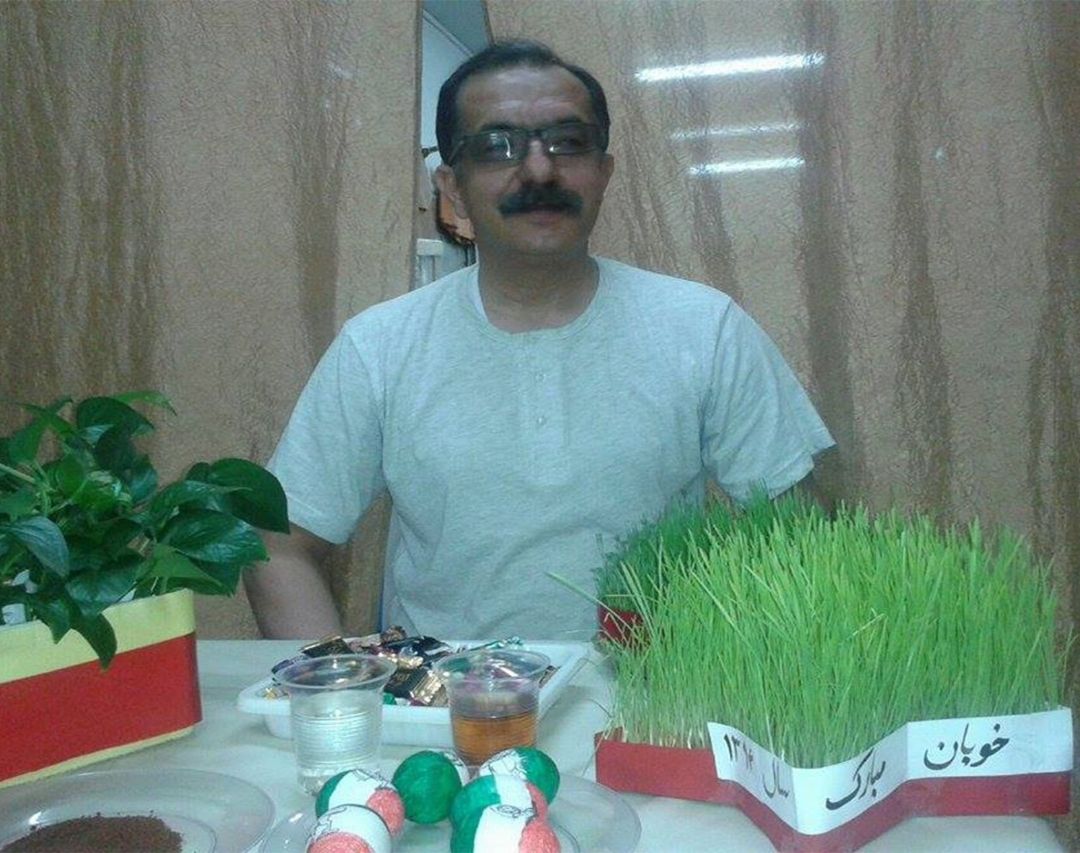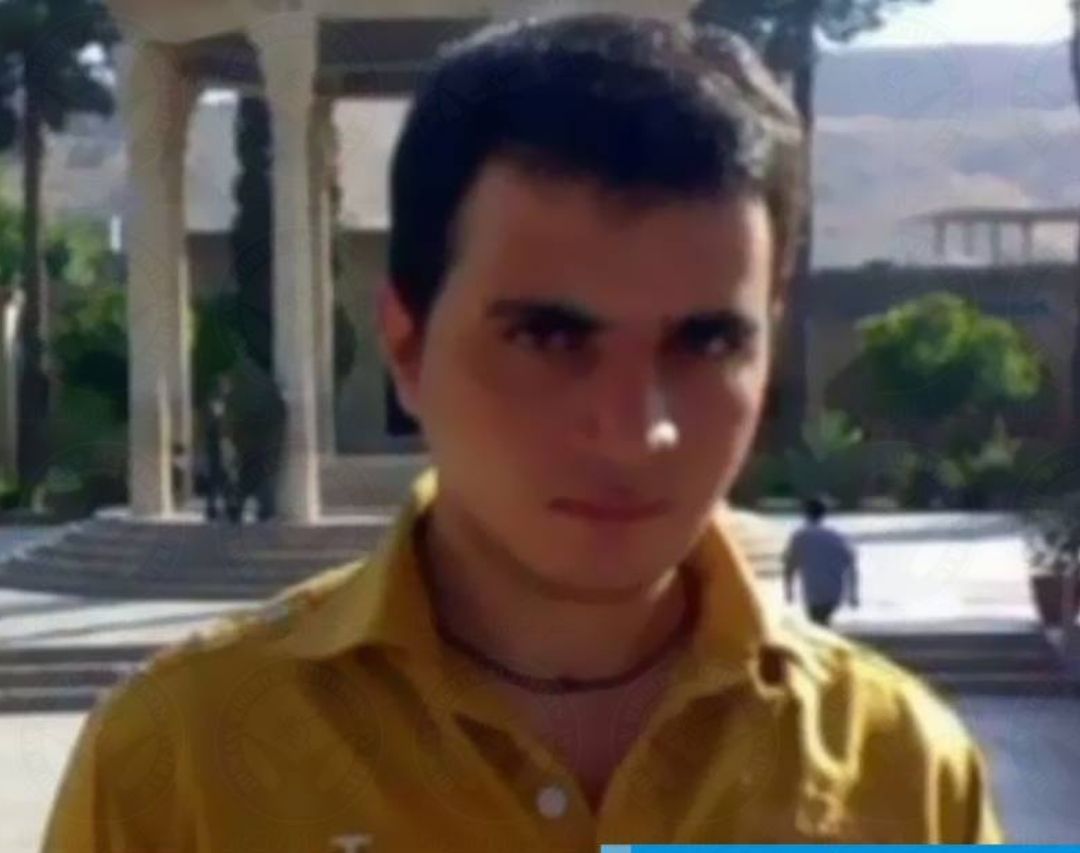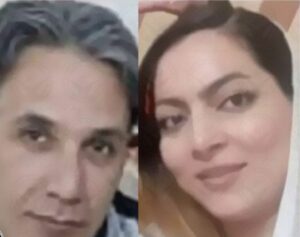HRANA, the news agency of Human Rights Activists, has confirmed that yesterday, September 29, civil activist Arsham Rezai was relocated to the quarantine section of Rajai Shahr Prison in Karaj after testing positive for COVID-19.
The COVID-19 surge in Iran’s prisons has been a major threat to the health and safety of their inmates, who frequently do not receive timely or adequate medical care from authorities.
Arsham Rezai was arrested on January 7 of 2019 by the regime’s intelligence and security forces. On November 13 of that year, he was released on bail for 2 billion Rial (approx. 8000 dollars).
On February 26, 2019, the Islamic Revolutionary court sentenced Mr. Rezai, without informing the defendant’s attorney that the court session was taking place, to eight years and six months imprisonment on the charges “propaganda against the regime”, ” collusion against national security”, and ” offensive statements against the supreme leader of Iran”. Grounded on Article 134 of the Islamic Penal Code, from the charges, the severest punishment of 5 years was enforceable.
To serve his sentence, on October 18, 2020, he was arrested and transferred to a solitary confinement cell in Rajai Shahr Prison. Finally, he was relocated to a public section of this prison on December 19 2020.
On January 20 of this year, on new charges, the revolutionary court sentenced him to an additional 15 months imprisonment (which was later reduced to 11 months on appeal) and 4 months penal labor.



